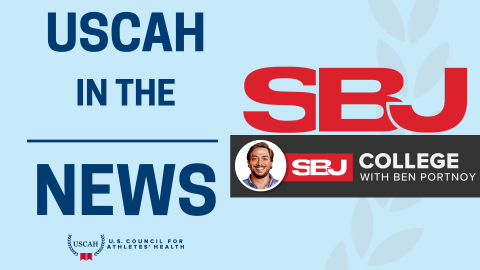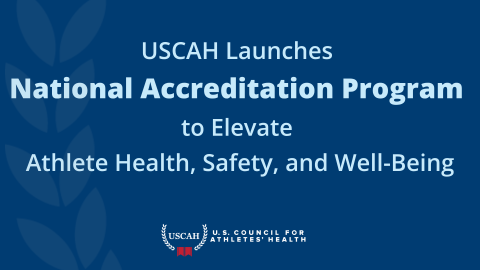Written by Kevin Gorey, USCAH Senior Director, for USA Baseball
One of the most important things we can do for our children is to be a strong advocate for their healthcare. That sounds great and all but what does it actually mean to be an advocate for your child’s healthcare?
Well, let’s start at the top. According to the Merriam-Webster Dictionary, an advocate is:
- one who defends or maintains a cause or proposal
- one who supports or promotes the interests of a cause or group
- one who pleads the cause of another
Being an advocate for your child’s healthcare refers to your ability to help ensure the environment you’re sending that child to practice and compete in is as safe as it can be. Despite objections from some, you don’t have to be a medical professional to achieve this goal. It can be as simple as asking questions of league officials and coaches and expecting that best practices in health and safety are being followed. The beauty of this endeavor is that if you’re an advocate for your child, you essentially become an advocate for the health and safety of other children as well since everyone benefits from a safe environment! While some conversations may be uncomfortable for you, they’re necessary for ensuring your child’s safety. You’re probably asking yourself “This sounds good but where do I start?”
Here are some questions to ask before your child’s participates regarding the coaches and staff who will have access to your child:
Do coaches/staff undergo background checks?
Are there medical professionals available in case of an injury or emergency?
Is there a chaperone policy for dealing with minors?
- this is especially important during travel ball
Is there required health and safety training for coaches? It should include training such as:
- CPR/AED and First Aid
- Concussion
- Heat illness
- Mental health
Do all facilities where activities take place have established Emergency Action Plans (EAP) that are venue-specific and readily available for everyone?
Are there automated external defibrillators (AEDs) located nearby?
How are injuries or illnesses that inevitably occur communicated to the parent/guardian?
Who determines safety for continued play?
Who determines safety for continued play?
- Weather-related play:
- Is there a temperature/humidity that may be too hot?
- What is the protocol for lightning and delays?
- Injury-related play:
- Are there defined protocols for evaluation/return post-concussion symptoms
- How are injury limitations and return to activity monitored… by a coach or healthcare professional?
These are just some of the questions you have every right to ask when entrusting your child into the care of others. It’s certainly not an exhaustive list, but it’s a great place to start!
If you have concerns regarding your child’s health and safety, it’s your responsibility to speak up. It’s certainly reasonable to expect sport organizations to provide more than minimum standards for the health and safety of your children and THIS is how to be an advocate for your child’s healthcare.
https://www.merriam-webster.com/dictionary/advocate
https://elizabethsandelmd.com/insights/parent-advocate-children-youth-sports-concussions/

